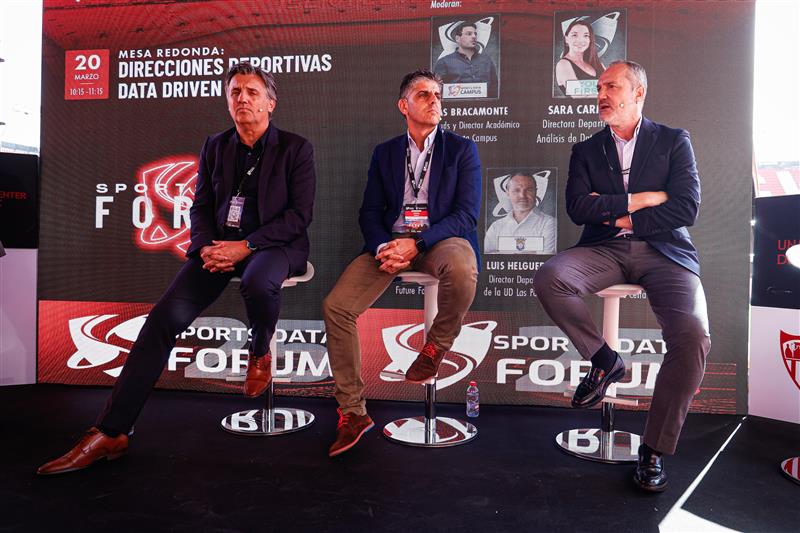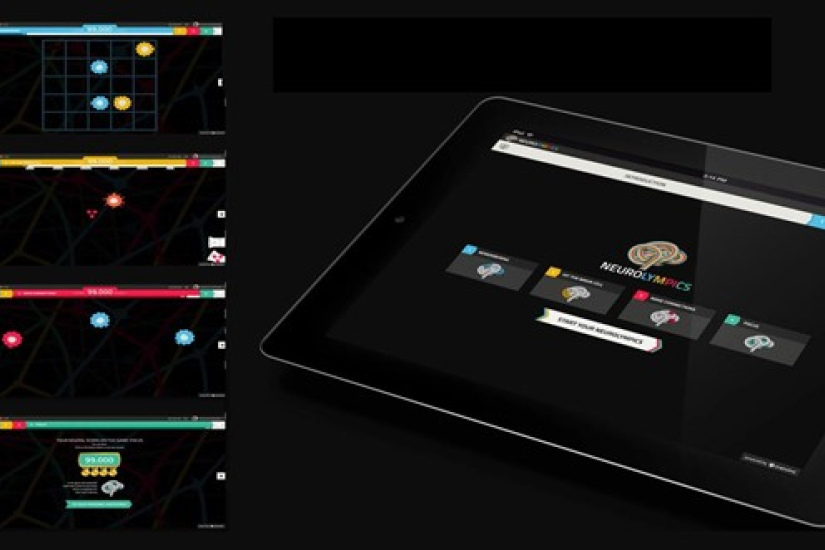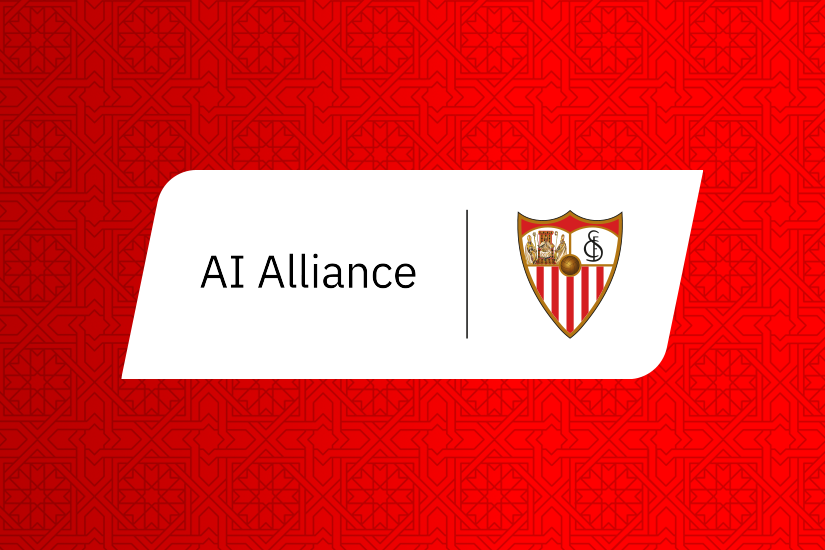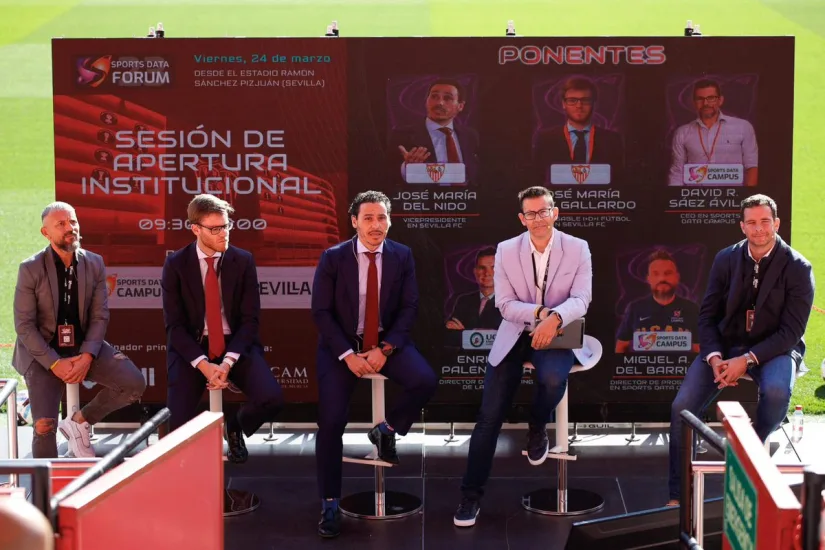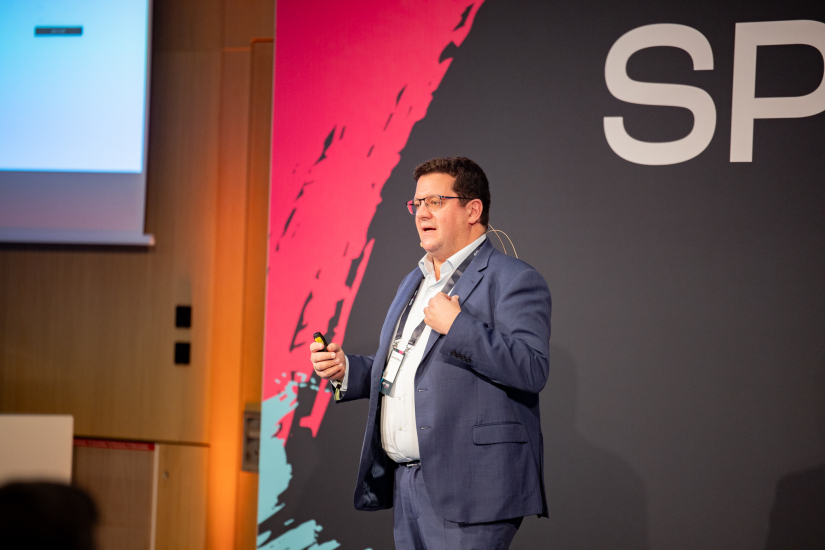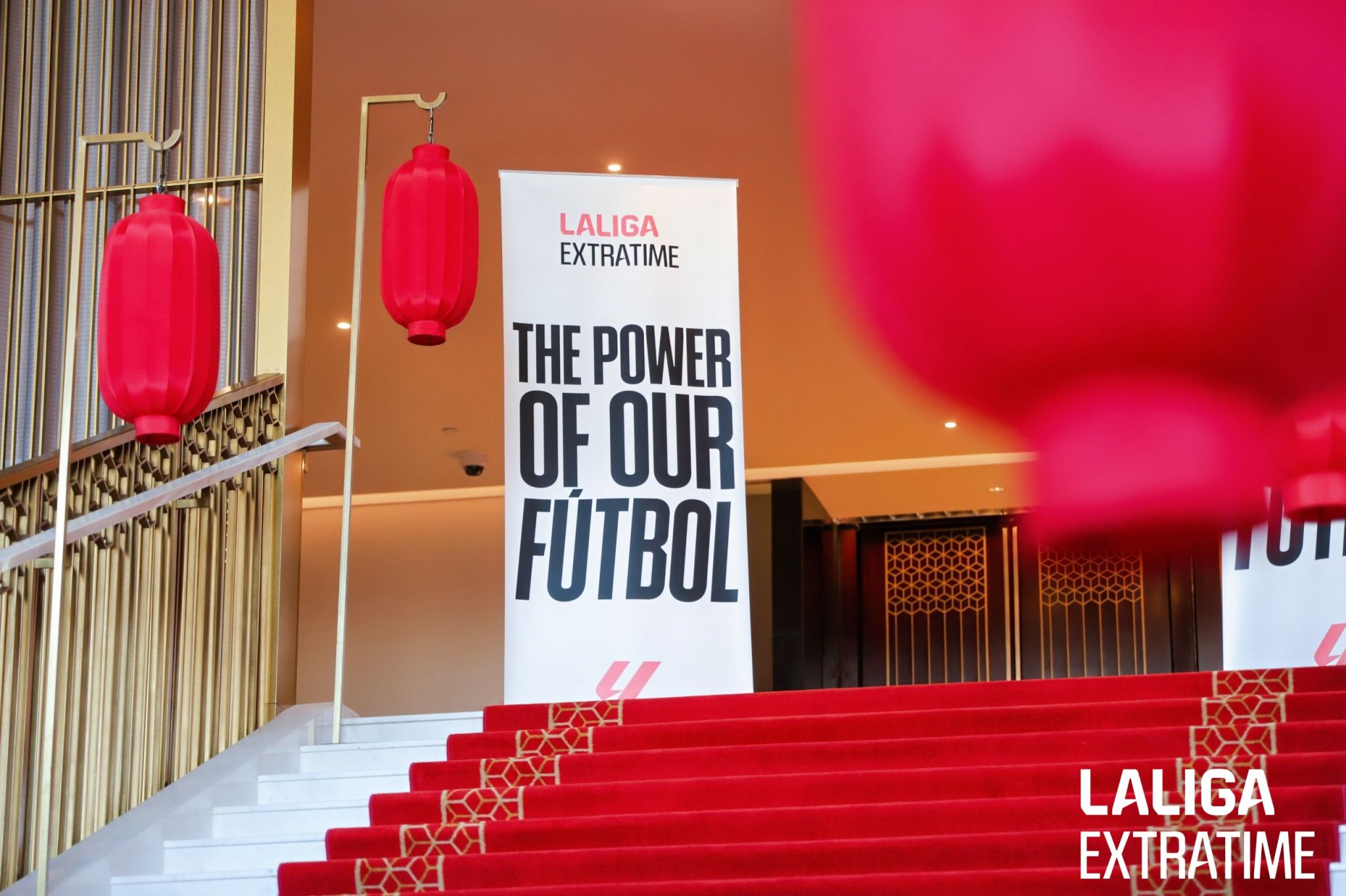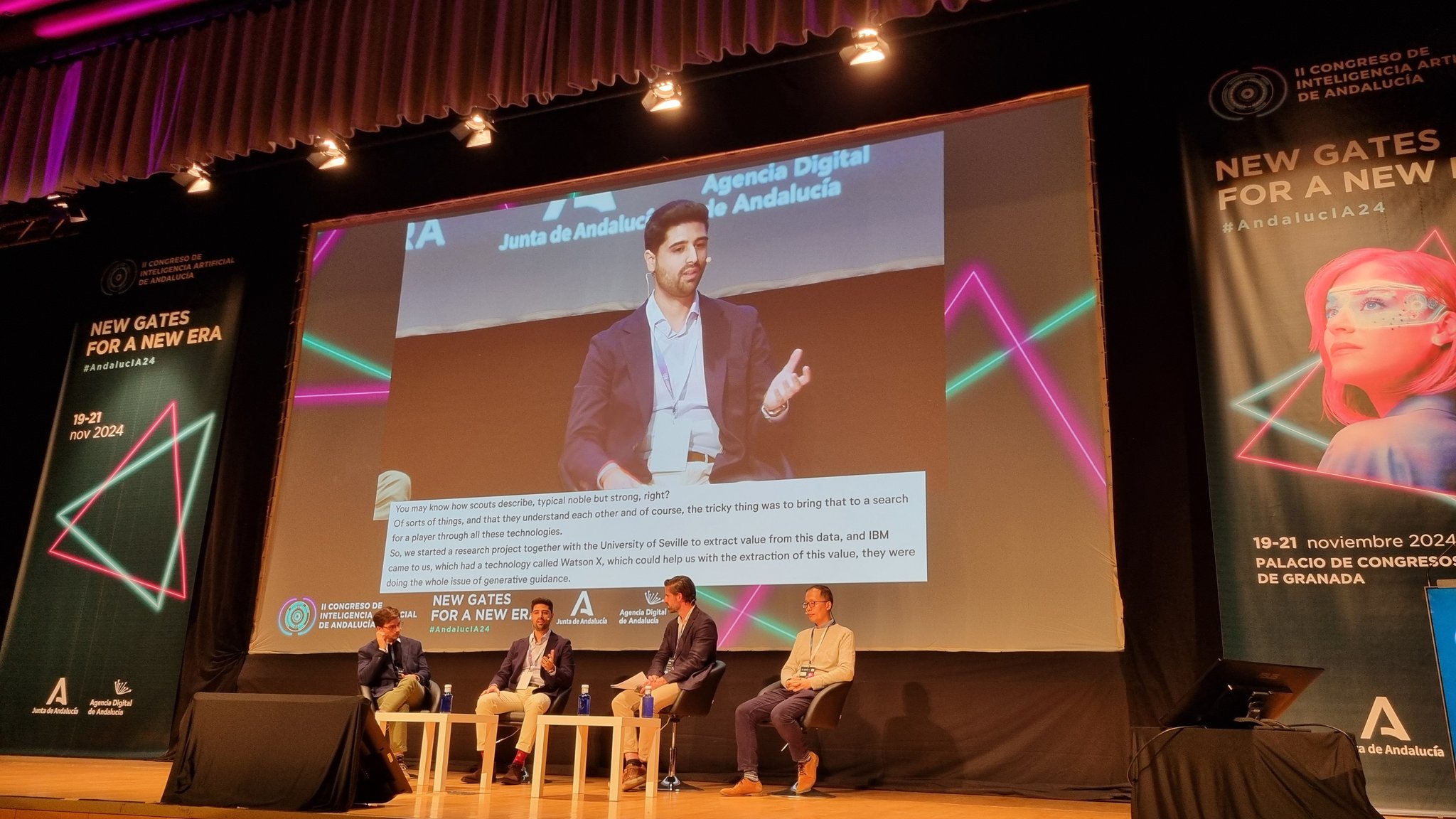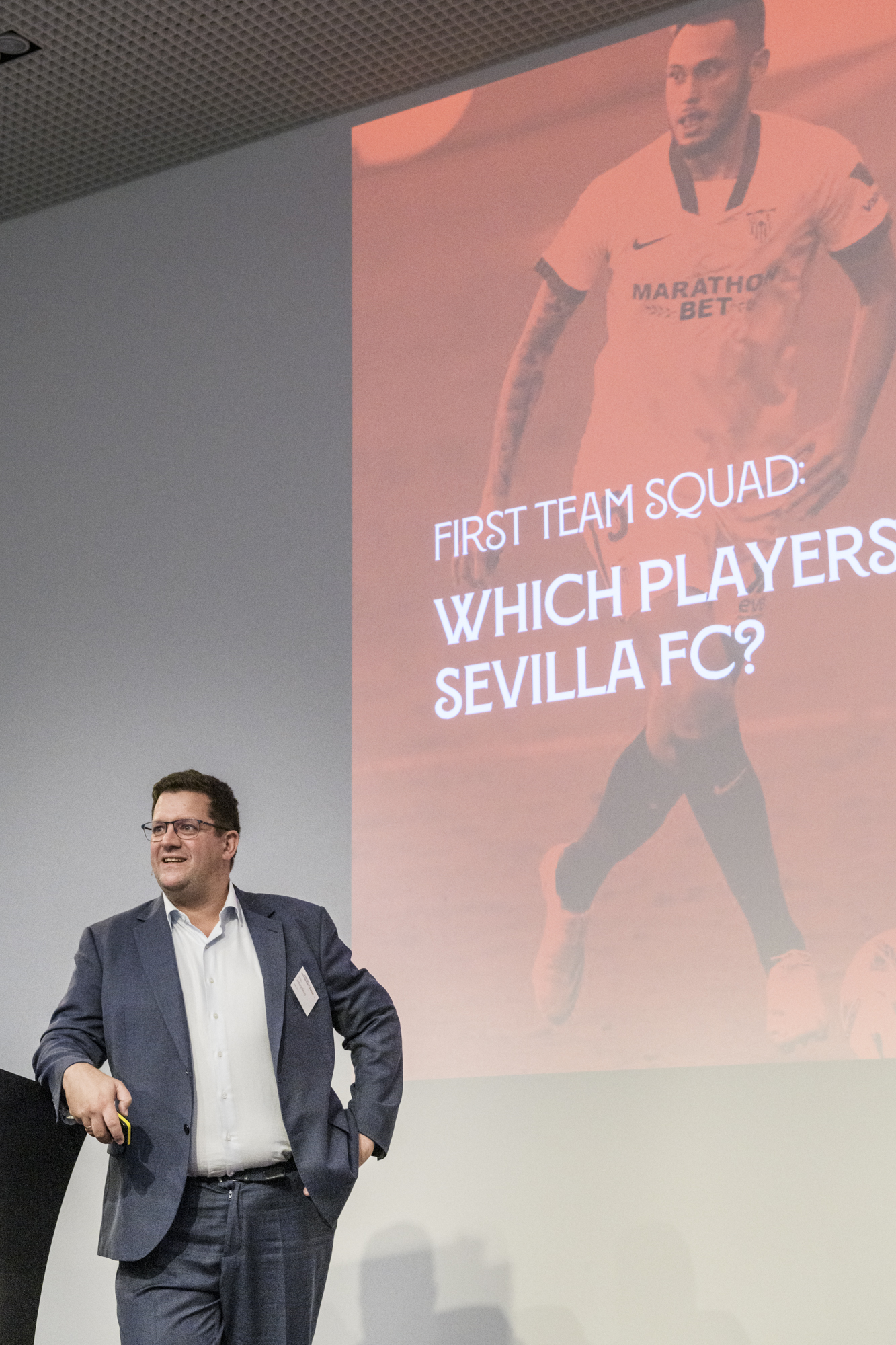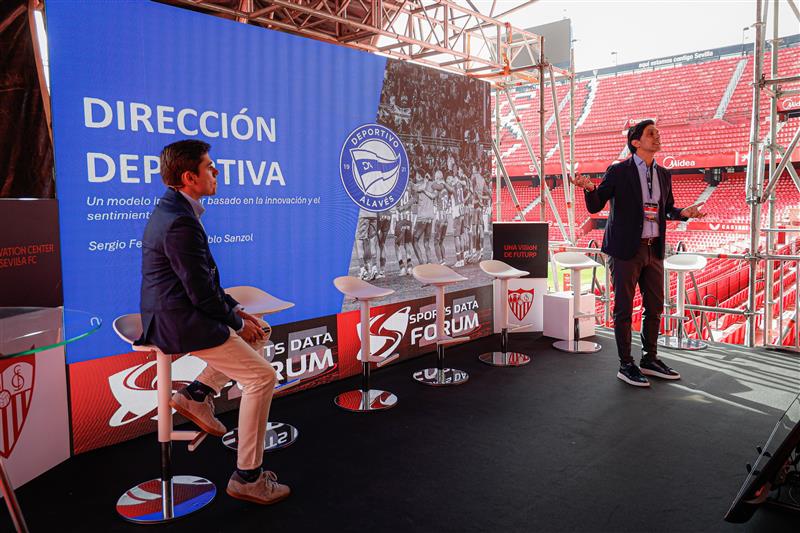
El Sport Data Forum 2025 continúa con una ponencia sobre Dirección deportiva: un modelo integral basado en innovación y sentimiento en la que participaron Sergio Fernández, director deportivo del Club Deportivo Alavés, y Pablo Sanzol, miembro de la secretaría técnica del mismo club. En esta sesión, se abordaron las estrategias clave del Deportivo Alavés en cuanto a la dirección deportiva basada en la innovación, el rendimiento y el sentimiento de pertenencia.
Sergio Fernández explicó el modelo del Deportivo Alavés, estructurado en tres pilares fundamentales: Rendimiento, Innovación y Sentimiento. Destacó cómo, tras su descenso a Segunda División, el club llevó a cabo un análisis profundo de los errores cometidos con el fin de no repetirlos en el futuro. A partir de esta evaluación, definieron su enfoque en nichos de mercado estratégicos para la búsqueda de jugadores.
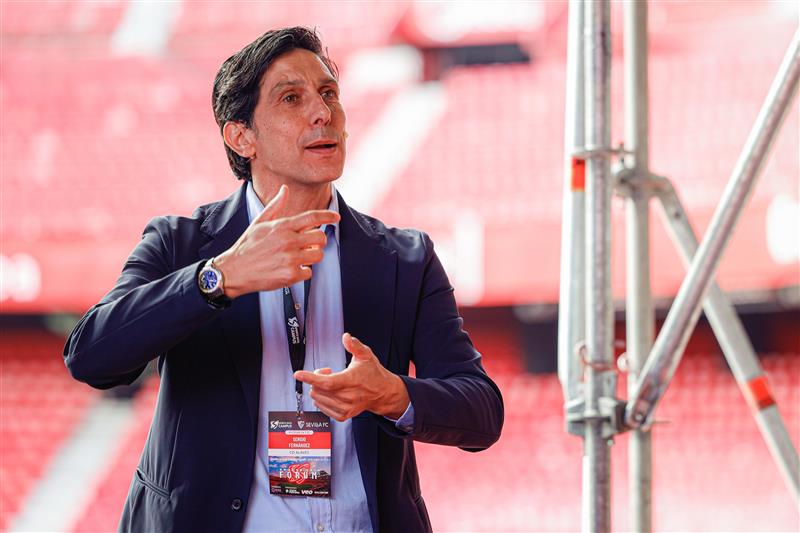
Una de las claves del modelo del Alavés ha sido focalizar la captación de futbolistas en una franja de edad entre los 20 y 24 años, segmento que ha demostrado ofrecer los mejores resultados de rendimiento para el club. Como muestra de su evolución, Fernández destacó que actualmente cuentan con solo tres jugadores cedidos, en contraste con los nueve que tuvieron en la temporada en que descendieron, lo que refleja una gestión más estable y planificada de la plantilla.
Por su parte, Pablo Sanzol detalló el proceso de trabajo dentro de la secretaría técnica del club, basado en tres fases fundamentales:
En cuanto al ajuste de información, los datos de los distintos proveedores se adaptan a su propio Index Alavés, en una fase inicial totalmente cualitativa. En relación a la valoración de los jugadores, se evalúa en función de unos parámetros específicos establecidos por el club. Para la realización de los informes, se analiza en profundidad el desempeño y la proyección de cada jugador.
Además, Sanzol subrayó la importancia de conocer los modelos de juego de cada liga para orientar el scouting hacia competiciones que mejor se alineen con la estrategia del Deportivo Alavés.
Durante la mesa redonda, los ponentes compartieron algunas de las ideas más relevantes en su metodología de trabajo La ponencia dejó claro que la innovación y el uso de datos juegan un papel crucial en la planificación deportiva del Deportivo Alavés. La aplicación estratégica de esta información no solo optimiza la toma de decisiones, sino que también permite al club maximizar su competitividad dentro de su contexto deportivo.
